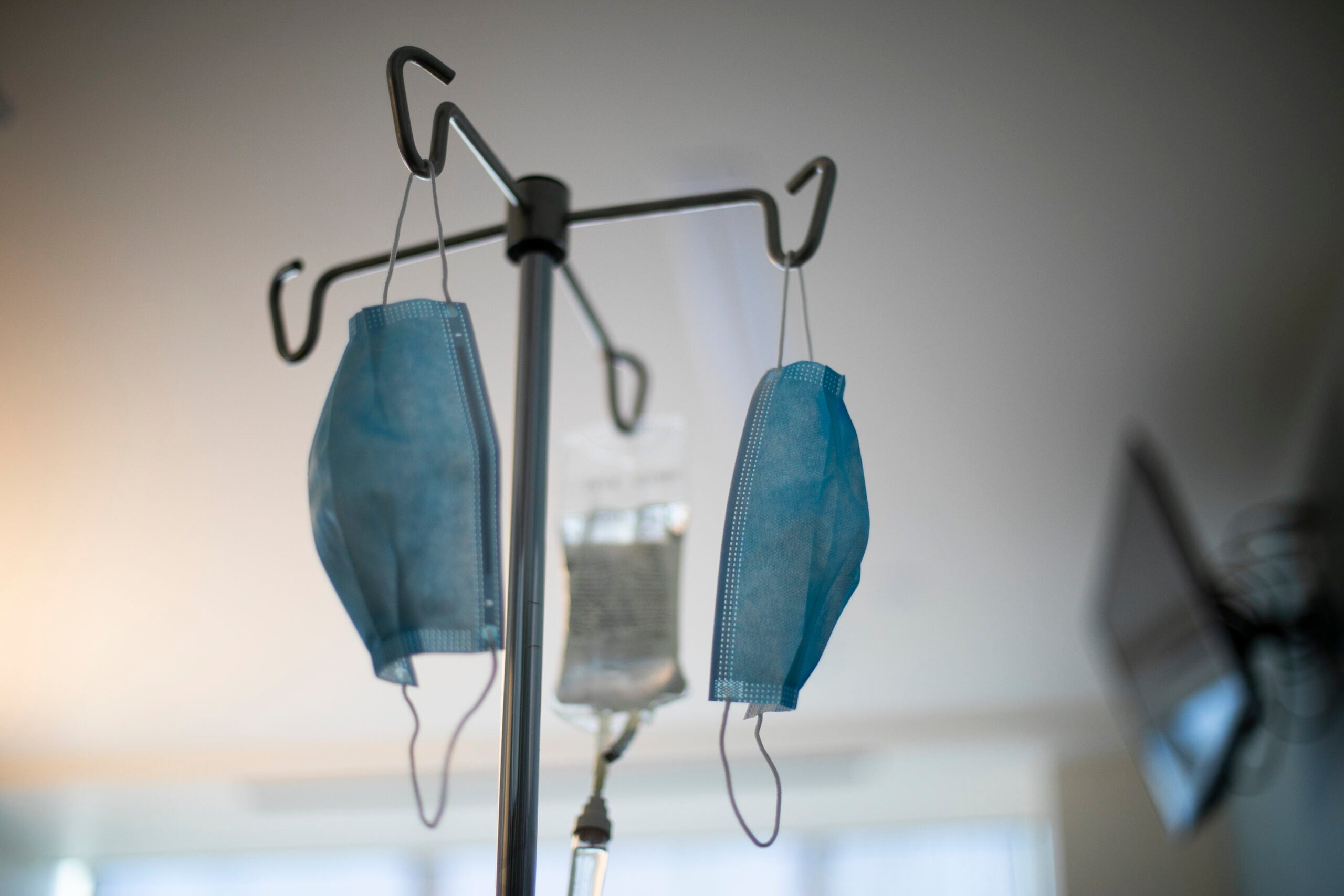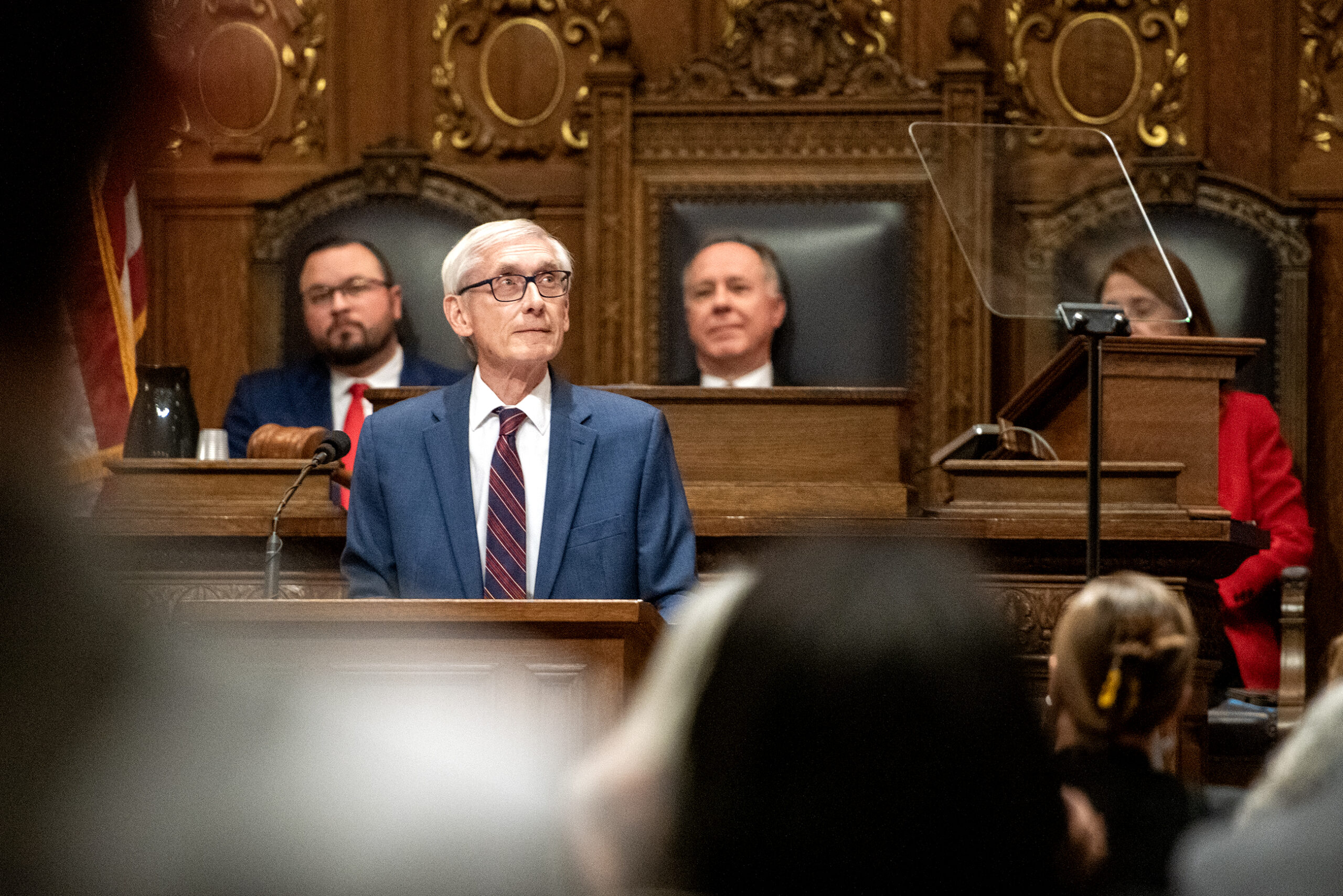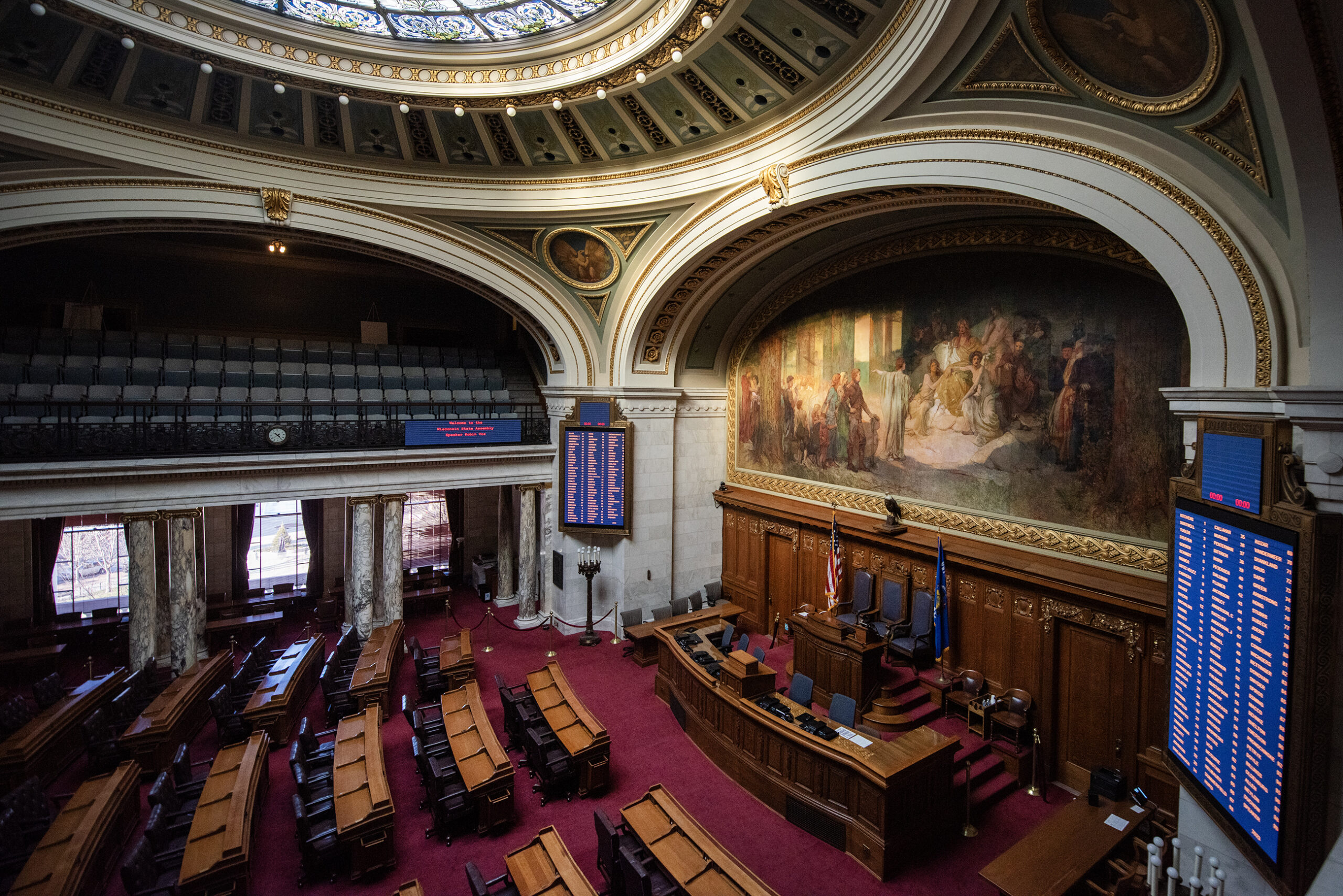A bipartisan attempt to create a new license allowing nurses to write prescriptions and treat patients without a doctor’s oversight has been vetoed by Gov. Tony Evers for a second time in two years.
Evers says he supports the concept, but argued the latest legislation doesn’t provide enough safeguards, while a GOP bill author accused the governor of standing with lobbyists instead of patients.
Currently, people certified as advanced practice registered nurses, or APRNs, are required to have documented oversight agreements with physicians or dentists when treating patients.
The bill introduced by a bipartisan group of lawmakers would have lifted that requirement and allowed some APRNs to open independent clinics. The Wisconsin Nurses Associations says around 8,000 nurses in Wisconsin would qualify for those new licenses.
In his veto message to lawmakers, Evers said the framework of the new licensure system doesn’t “provide adequate experience requirements, titling protections, and safeguards for patients who may be treated for chronic pain management.” He then cited state Department of Health Services statistics showing 1,464 Wisconsinites died by opioid overdose in 2022.
Wisconsin Nurses Association Executive Director Gina Dennik-Champion told WPR that reference to the opioid epidemic was the “most disappointing part” of Evers’ veto message because it “somehow felt like a cause and effect.”
“We’re hoping that the governor will clarify that, so that the public that sees the veto message doesn’t become alarmed that these APRNs, you can’t trust them because they’re going to over-prescribe,” Dennik-Champion said. “That’s not the case. We don’t have the evidence to show that.”
State Sen. Rachael Cabral-Guevara, R-Appleton, who is a nurse, blasted the governor’s veto of the APRN bill in a statement that accused Evers of not valuing nurses and “forcing people to chose more expensive, less accessible health care,” which she said “plays with peoples’ lives and livelihoods.”
Stay informed on the latest news
Sign up for WPR’s email newsletter.
“The message the governor sends today is clear: lobbyist cash matters more to him than the thousands of nurses caring for their patients across Wisconsin,” Cabral-Guevara said.
The bill has garnered considerable attention from health care associations around Wisconsin. According to the Wisconsin Ethics Commission, lobbyists logged 814 hours of work for and against the license proposal.
A statement from the Wisconsin Medical Society, which represents physicians, praised Evers’ veto and said the bill “lacked the minimum levels of patient protections” needed before allowing independent nursing clinics.
“Every Wisconsin patient deserves to know that an independent nurse practitioner has spent a reasonable minimum number of years training and gaining experience, will properly collaborate with a qualified physician if pain medicine is needed, and will not be misled by confusing and potentially deceptive advertising,” the statement said.
Among the points of contention between the groups was how many years of experience an APRN must have before practicing without a doctor’s supervision.
Evers included policy in his last state budget proposal that would have created a new APRN license structure. It would have required nurses to practice for 3,840 hours in a clinical setting and an additional 3,840 hours working in collaboration with a physician or dentist before being allowed to work independently. The APRN language was pulled from the budget by Republican lawmakers.
The GOP bill originally would have required APRNs to gain 3,840 hours of experience while working in collaboration with a doctor or dentist before being allowed to practice on their own. The bill was later amended to increase that to 5,760 hours.
Wisconsin Medical Society Chief Policy Officer Mark Grapentine told WPR his organization thought the governor’s recommendations were a reasonable compromise, and he’s not sure why some lawmakers and nursing groups didn’t support it.
“It’s just really confusing to try to figure out why that didn’t happen,” Grapentine said. “But you know, it happened that way, and now we move on.”
Evers said he’s hopeful to sign a new version of the bill into law that addresses his concerns during the next legislative session that begins in 2025.
Wisconsin Public Radio, © Copyright 2025, Board of Regents of the University of Wisconsin System and Wisconsin Educational Communications Board.




